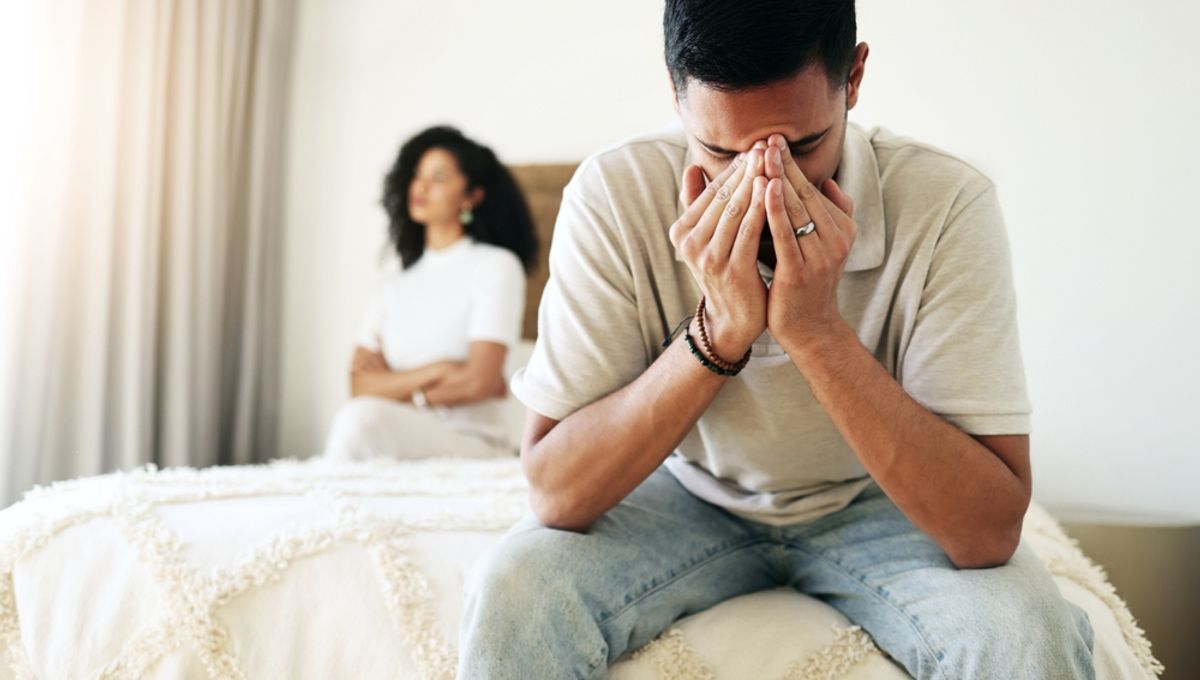
Married people tend to be less satisfied in their relationship when one partner has social anhedonia, a trait that causes someone to take less pleasure in social interactions. This mismatch between spouses also tends to lead to more destructive communication, according to a recent study.
It’s often said that we humans are social creatures. Research has highlighted the impact that loneliness can have on our health, both physical and mental. For many, lockdowns and self-isolation during the COVID pandemic provided an unwelcome glimpse into a life cut off from those around us.
But some people take less of an interest in social interactions: according to some interpretations, they have less of a “need to belong”. This is down to a trait called social anhedonia. It’s not the same as being introverted or socially anxious; people with social anhedonia have a lower drive to seek out social interactions, as they don’t derive enjoyment from them.
Social anhedonia can be a feature of a number of psychological disorders, such as schizophrenia. In general, people who score more highly for social anhedonia are less likely to enter into marriages and long-term relationships, and when they do, they’re more likely to report relationship dysfunction. But, this recently published study was the first to try to understand the effect that one person’s social anhedonia can have on both partners in a marriage.
The study, led by Kenneth Tan at Singapore Management University, included 100 different-sex newlywed couples and was carried out between 2011 and 2013. There were three waves of data collection during the longitudinal study: one wave at the beginning of the study period; a second after 6 months; and a third after 12 months. The couples completed questionnaires to assess their levels of anhedonia, the amount of conflict within their relationship, and their overall marital satisfaction.
Individuals with higher levels of social anhedonia – so, less of an interest in social interactions with other people – had less satisfaction with their marriages. Their spouses also reported lower satisfaction scores.
To understand what might be driving this, the authors turned to the data on communication. Social anhedonia was associated with behaviors like demand-withdraw communication. Have you ever tried to have an argument with someone who just refuses to engage? Maybe even walks away while you’re talking? That’s demand-withdraw communication, and it’s been called a relationship killer.
The researchers also found a link between anhedonia and higher rates of avoidance-withholding communication, otherwise known as the silent treatment. In all of these cases, it was the partner with social anhedonia who was more likely to use these patterns of communication; the results of the study did not show an effect on the communication behaviors of the other partner.
There are some important caveats. No same-sex couples were included and the data was collected via self-reporting, which always carries a risk of bias. The authors also point out that other similar studies of newlywed couples have had much larger sample sizes, and the very fact that only newlyweds were included means it’s difficult to know how these findings would play out over the longer term.
But, as the authors conclude, this research could open the door to a greater understanding of how one person’s social anhedonia may impact not only them, but their romantic partner as well: “Future research [may link] social anhedonia to relationship dynamics by showing that although social anhedonia might be generally viewed as related to adverse outcomes, a more nuanced view should recognize its impact on both partners and from a longitudinal perspective as well.”
The study is published in the Journal of Personality.
Source Link: People Are Less Satisfied With Their Marriage If Their Partner Has Social Anhedonia